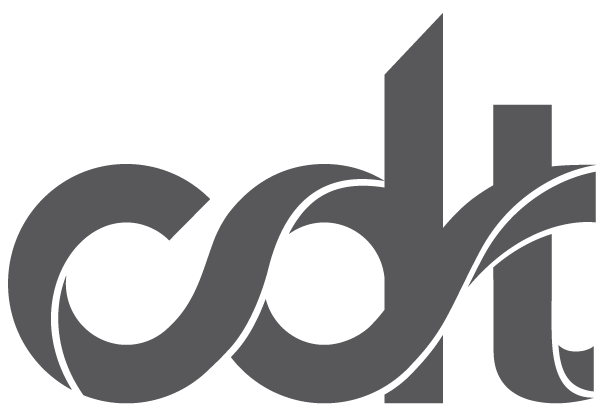Copyright Infringement
The Copyright Act gives copyright owners exclusive rights to reproduce their work, make derivative works, distribute the work, and perform or display it publicly. Copyright owners may also authorize others to make any of these uses of their work. This happens when a rightsholder sells the rights to her work to someone else for a particular use, or allows others to use her work for free under a licensing scheme such as the Creative Commons program.
If a rightsholder believes that an artist has made an unauthorized use of her work, and the use is not considered a “fair use” under the law, she can bring a lawsuit against that artist for copyright infringement. The possible penalties for being held liable for infringement can be quite severe, and include:
-
an injunction to prevent or restrain further infringement, which may include displaying, distributing, or otherwise infringing on a work (17 U.S.C. § 502)
-
an order to impound and possibly destroy infringing copies and the means to reproduce them (17 U.S.C. § 503)
-
a monetary fine of actual damages shown by the copyright holder and/or the infringer’s profits attributable to infringement, or statutory damages of between $750 and $30,000 per infringement. Statutory damages can increase to $150,000 if the plaintiff can show that the infringement was willful. Statutory damages may be reduced to $200 if the court finds that an “infringer was not aware and had no reason to believe that his or her acts constituted an infringement of copyright.” (17 U.S.C. § 504)
-
an order to pay the prevailing party’s costs and/or attorney’s fees (17 U.S.C. § 505)
In addition, if you willfully infringe another person’s copyright for commercial advantage or private financial gain, it can lead to criminal penalties, including additional fines, imprisonment for 3-10 years, and seizure and forfeiture of the equipment or means used to produce the infringing material. (17 U.S.C. § 506 and 18 U.S.C. § 2323)
As described here, the Digital Millennium Copyright Act creates certain safe harbors from copyright liability with respect to material posted online by third parties. An additional consequence of the “notice and takedown” provisions is that they effectively create an intermediate step between alleged infringement and a full-fledged litigation. While a copyright holder can subpoena user-identifying information from a service provider pursuant to 17 U.S.C. § 512(h) in order to initiate a suit, most will opt to send takedown notices and have material promptly removed rather than initiate more costly and time-consuming proceedings.
If your work is subject to a takedown notice you believe was sent in error or for a work you believe you had the right to post, including work that you believe is fair use, the DMCA does specify a procedure for a counter-notification by which material can be restored on a website (17 U.S.C. § 512(g)) The counter-notice requires a statement under penalty of perjury that you believe the notice was sent as a result of a mistake or misidentification of the work to be taken down. If you choose to pursue the counter-notice option, the next step may be that the issue moves to court.
More discussion of copyright issues is available in our Sampling and Appropriation section.
